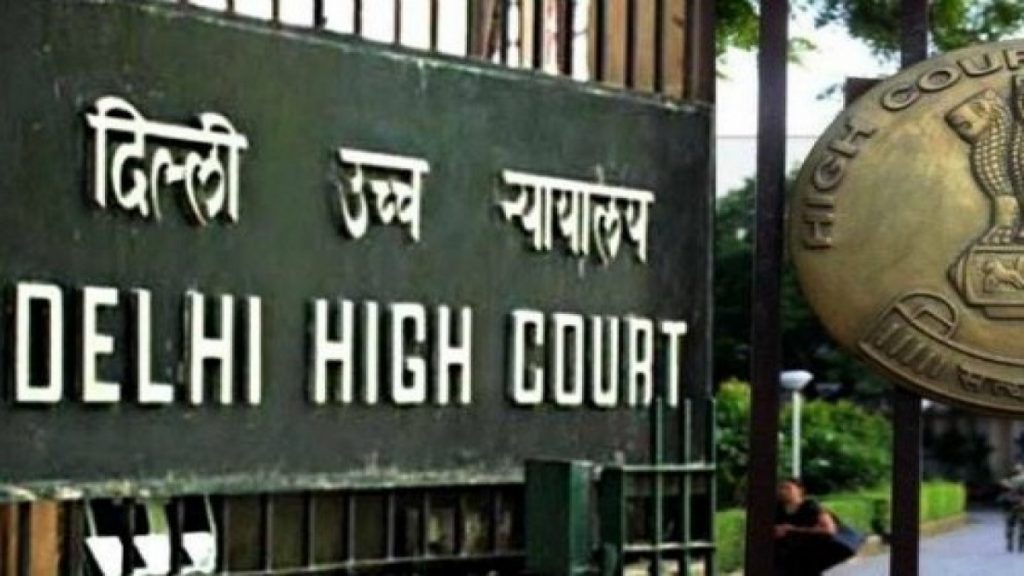New Delhi: The Delhi High Court has observed that simply entering into a second marriage by a father, following the loss of his first wife, should not automatically disqualify him from being a natural guardian of his child.
A division bench of Justices Suresh Kumar Kait and Neena Bansal Krishna was hearing an appeal by the maternal grandparents of a minor boy who sought to be appointed as his guardian and gain permanent custody.
A trial court had dismissed their petition before they moved to the high court.
“Mere second marriage of the father in the circumstances when he has lost his first wife, cannot be held per-se a disqualification from his continuing to be a natural guardian,” the court observed.
The victim’s grandparents alleged that she was killed by her husband due to dowry demand and harassment in 2010, seven years after their marriage.
The husband and his family were acquitted in 2012 in a criminal case filed by the grandparents, who claimed that the child was placed in their care after the father went into hiding.
It is their case that the child has always been under their custody, and it was only after the husband’s acquittal that he sought to regain custody.
They also said that the father had remarried and had a child from his second marriage, making him incapable of taking custody of the minor.
The court dismissed the appeal stating that there were no other factors on record to disqualify the husband apart from the criminal trial.
It also said that the differences in financial status should not be a relevant factor for denying custody of a child to a natural parent.
The court said: “Even the disparity in the financial status cannot be a relevant factor for denying the custody of a child to the natural parent.
“However, in the matters of Guardianship and Custody, we are confronted with the dilemma where the logic may say that the child must be in the custody of his father, but the circumstances and the intelligent preference of the child points otherwise. It may not be in the interest and welfare of the child to uproot him from the family where he has been happily entrenched since the age of 11/2 years.”
The court stressed that the affection of a natural parent has no substitute, even though maternal grandparents may have a deep love for the child.
Hence, the court granted limited visitation rights to the father, allowing him to meet the child on specified Saturdays, with the possibility of adjusting visitation timings to suit both parties’ needs.
IANS
